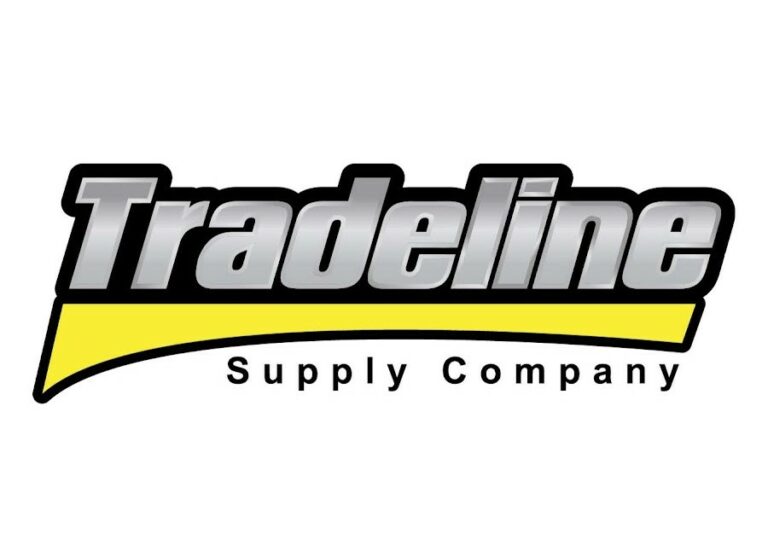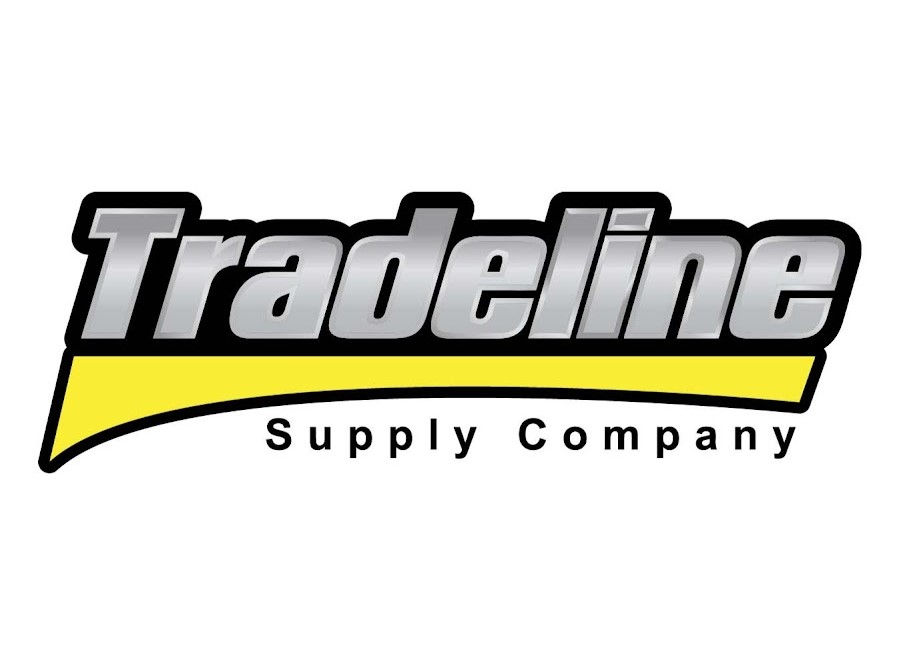What is Payroll Compliance?
Payroll compliance is all about following the rules and regulations. It’s essential to ensuring employees are paid accurately, and the government gets its required share.
Implementing payroll best practices helps ensure compliance and reduce payroll costs. Here are some benefits of improving payroll management.
Managing Payroll Efficiently
To ensure payroll compliance, businesses must have efficient payroll processes. This means calculating payroll taxes correctly, maintaining payroll records, deducting the correct amounts from employee wages, and reporting everything accurately.
It can be a lot of work to keep up with all the laws and requirements, so many businesses use specialized software or systems to help them out.
The Role of Payroll Administrators
Payroll administrators play a crucial role in ensuring compliance. They are responsible for handling all aspects of payroll processing, from entering employee hours to making sure taxes are calculated correctly. The payroll department must stay up-to-date on changes in legislation and make any necessary adjustments to their processes.
Benefits of Effective Payroll Management
Effective payroll management not only ensures compliance but also brings several benefits for businesses:
- Accuracy: With proper payroll practices, there are fewer chances of errors in wage calculations or tax deductions.
- Efficiency: Automated payroll systems streamline processes, saving time and effort.
- Cost Savings: By avoiding penalties for non-compliance, businesses can save money that would otherwise be spent on fines.
What are the Best Practices for Ensuring Payroll Compliance?
Here are the best practices you should know for payroll management.
Implement Accurate Recordkeeping
To maintain compliance with labor laws, accurate recordkeeping is crucial. This means keeping track of all relevant information about your employees and their pay.
Documenting hours worked, overtime, deductions, benefits, and any other payroll details is important. You should also maintain payroll tax records. By doing so, you can ensure a clear record of each employee’s compensation.
Regularly Review and Update Employee Classifications
Employee classifications play a significant role in determining proper compensation. It’s essential to regularly review and update these classifications to ensure accuracy and compliance.
As job roles may change over time, it’s crucial to reassess whether employees are correctly classified as exempt or non-exempt from overtime pay. By staying on top of these updates, you can avoid potential legal issues down the line.
Establish Clear Policies and Procedures
Clear policies and procedures for handling deductions, benefits, and overtime pay are crucial to maintaining payroll compliance. These guidelines should be clearly communicated to both payroll administrators and employees alike. By establishing transparent processes for calculating paychecks, issuing pay stubs, handling tax filings, and managing benefit programs, you can minimize errors and ensure consistency across the board.
Stay Updated on Payroll Regulations
Payroll regulations are subject to change over time due to new legislation or amendments to existing laws. Staying informed about these changes is essential for ensuring compliance with payroll best practices. Regularly monitor updates from relevant government agencies or consult with professionals in the field who specialize in payroll administration.
What are Strategies for Efficient Payroll Management?
Here are some key strategies that can help you improve payroll processes.
Utilize Automated Systems
To ensure effective payroll management, it’s crucial to leverage automated systems. These tools help streamline payroll processes, produce payroll reports, and minimize errors.
An automated payroll management system lets you easily track employee information, including hours worked and salary details. By eliminating manual calculations and paperwork, these systems save time and reduce the risk of mistakes.
Centralize Data Management
Centralizing data management is another key strategy to efficiently manage payroll. By consolidating all employee information in one place, such as a dedicated software program or database, you can improve efficiency in tracking essential details.
This includes employee time tracking, tax forms, benefits enrollment, and more. With centralized data management, you can easily access and update employee records whenever needed.
Implement Direct Deposit Options
Offering direct deposit options for salary payments is essential for efficient payroll management. It eliminates the need for physical checks or cash distribution while providing employees faster and more convenient access to their wages. Direct deposit reduces the risk of lost or stolen paychecks and simplifies record-keeping for employers and employees.
Leverage Time-Saving Tools
Using time-saving tools can significantly enhance your payroll management process. Consider investing in software that automates tasks like calculating payroll taxes, generating reports, and processing deductions. These tools save time and ensure accuracy by minimizing human error.
Cost Reduction
Efficient payroll management can lead to cost reductions for businesses. Companies can save money in the long run by streamlining processes, reducing errors, and minimizing administrative overheads associated with manual payroll tasks.
How do I ensure meeting Payroll Deadlines and Schedules?
Here are several techniques to ensure you never miss a payroll deadline.
Create a comprehensive payroll calendar: To ensure you meet your payroll deadlines and schedules, creating a comprehensive payroll schedule is essential. This calendar should outline all the key dates for processing payroll, including filing deadlines, pay periods, and pay schedules. Having a visual representation of these dates can help you stay organized and on track.
Set reminders or utilize software notifications: Besides creating a payroll calendar, it’s important to set reminders or use software notifications to stay on top of your deadlines. These reminders can be in the form of alarms on your phone or emails sent by payroll software. Setting up these alerts will give you timely notifications that will help you remember when certain tasks must be completed.
Allocate sufficient time for reviewing and approving: Rushing through the tasks can lead to errors and mistakes. To avoid this, allocate sufficient time for reviewing, verifying, and approving all payroll-related tasks. Take the time to carefully go over employee timesheets, deductions, and any other relevant information before finalizing the payroll. This will help ensure accuracy and minimize any potential issues that may arise.
By following these best practices for meeting payroll deadlines and schedules:
- You’ll have a clear overview of important dates with a comprehensive payroll calendar.
- Reminders or software notifications will keep you informed about upcoming deadlines.
- Allocating enough time for review and approval will reduce errors in your payroll process.
Remember: staying organized is key when it comes to managing your company’s finances!
How do I master Payroll Compliance in 2023?
Here are some best practices to implement to manage payroll better and stay compliant.
Staying Updated with Payroll Legislation and Laws
To master payroll compliance in 2023, staying updated with the latest payroll legislation and laws is crucial. These regulations can change frequently, and you must be aware of any updates that may affect your payroll processes.
Monitor new tax laws, minimum wage requirements, overtime rules, and any other relevant changes. You can ensure that your payroll practices align with the current legal requirements by staying informed.
Benefits of Using a Reliable Payroll Software or Platform
Using a reliable payroll software or platform can significantly simplify your payroll management tasks while ensuring compliance. Here are some benefits:
- Automation: A good payroll system automates various processing aspects, such as calculating wages, taxes, and deductions. This reduces manual errors and saves time when paying employees.
- Accuracy: With automated calculations and built-in checks, reliable software minimizes the risk of errors in your payroll process.
- Compliance Features: Many payroll software solutions have features that help you stay compliant with applicable laws and regulations.
- Data Security: A reputable payroll platform ensures the security of sensitive employee payroll data by implementing robust security measures.
Key Considerations for Effective Payroll Management in 2023
Consider the following:
Streamline Processes: Evaluate your current payroll procedures and identify areas where you can streamline processes for increased efficiency.
Training and Education: Invest in training programs or resources to keep your payroll team updated on best practices and new developments in the field.
Documentation: Maintain thorough documentation of all your payroll processes to demonstrate compliance if audited.
Regular Audits: Conduct regular audits of your payroll system to identify any discrepancies or potential issues before they become problems.
By implementing these key considerations and utilizing a reliable software solution, you can master payroll compliance in 2023 and ensure smooth payroll processes for your organization.
Frequently Asked Questions
Here are the most common questions about payroll best practices and compliance.
How often should I review my company’s Payroll Procedures?
It’s recommended to review your company’s payroll procedures at least once a year or when significant changes in legislation or personnel policies occur. Regular reviews help identify potential issues early on and ensure that your processes remain compliant.
Can I outsource my company’s Payroll Management?
Yes, many small business owners opt to outsource their payroll management to third-party companies or payroll professionals who specialize in handling these tasks efficiently. Outsourcing can save time, reduce costs associated with hiring dedicated staff, and ensure compliance with ever-changing regulations.
Pros & Cons of Outsourcing Payroll Management
Pros:
- Saves time and eliminates the need to hire additional staff.
- Free up valuable time for your HR team.
- Provides expert help to ensure your company stays updated.
- Allows your company to scale up or down as needed easily.
Cons:
- Outsourcing payroll means giving up control, which some companies don’t like.
- Potential data security concerns.
- Dependency on the provider.
What are some common mistakes to avoid when Managing Payroll?
Common mistakes include:
- Miscalculating wages or deductions.
- Failing to keep accurate records.
- Missing deadlines for tax payments or filings.
- Misclassifying employees as independent contractors (or vice versa).
- Not including overtime pay for non-exempt employees.
- Not staying updated on changes in employment laws.
How can I ensure data security when using Automated Payroll Software?
Choose reputable payroll software providers that prioritize data security. Look for features like encryption, multi-factor authentication, regular backups, and compliance with industry standards such as GDPR or HIPAA to safeguard sensitive employee information.
Guide to Payroll Best Practices & Payroll Compliance – Final Thoughts
By now, you have a solid understanding of payroll compliance and the strategies and tools available to ensure efficient payroll management. Maintaining payroll compliance is crucial for businesses to avoid legal issues and financial penalties.
You can streamline your processes and minimize errors by implementing best practices such as accurate record-keeping, staying updated on labor laws, and utilizing automated payroll software. Remember, it’s essential to prioritize accuracy and timeliness when managing payroll.
Now that you’re equipped with this knowledge, it’s time to put it into action. Take a proactive approach toward ensuring payroll compliance in your organization.
Stay informed about any payroll tax filing requirements or changes that may affect your business. Consider investing in reliable automated payroll software that can simplify your tasks while reducing the risk of errors.
Note: This article is intended for general information purposes and does not constitute legal or tax advice.
Contact us if you have more questions about payroll best practices or to apply for a small business loan. Our funding experts can help you secure the business financing you need for payroll services or other business goals.



















